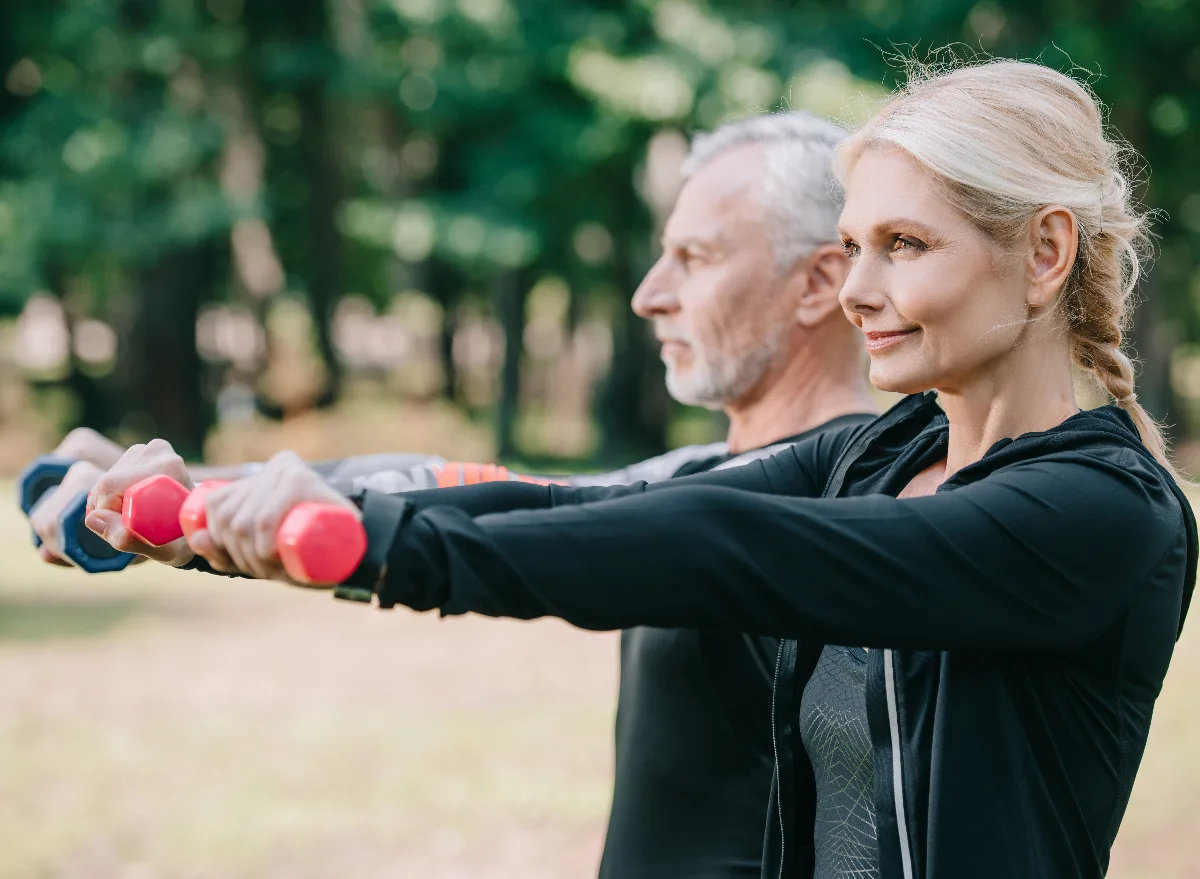5 Ways to Slow Down Aging after 50 Years
If at the age of 40 many more women say that they look 10 years younger, then at the age of 50 you can’t say that anymore. The body at this age changes for everyone, regardless of gender, genetics, the current state of health, and well-being.
The aging process cannot be stopped, but it is in our power to slow it down, and for this, we must, first of all, know about the inevitable changes that await our bodies to react to them correctly. Well, the main thing is to stay positive at any age, for this, you can visit a sportsbook.
Metabolism
Metabolism will slow down even more – even if you regularly exercise, slowing down your metabolism will still not be avoided, although your regression will be slightly slower than those who lead a sedentary lifestyle. What does that mean? And the fact that to start weight gain, you will already need fewer calories, that is, if you previously managed to keep a stable weight when consuming 2000 kcal per day, then after 50 years with such a calorie, you will begin to gain it.
What to do: reduce the calorie content of your diet if you want to maintain weight or cut it even more if you want to lose weight.
Fat Distribution
The body accumulates fatter and begins to distribute it differently – after 50 years, the body easily begins to accumulate fat, but it is very reluctant to part with it, especially when we are under stress. Reducing the level of estrogen-only increases the negative effects of stress. Not only does the body begin to accumulate fatter, but it also begins to distribute it in a different way, not like in his youth. If, at the fertile age, fat was mainly distributed along the thighs to support future pregnancy, then during menopause everything goes into the stomach, and our hourglass figure slowly begins to turn into an “apple”, gaining weight around the abdomen, not the hips.
What to do: now you can’t just eat goodies without harm to the figure, so the diet should consist mainly of protein and fiber (vegetables), which give satiety and help avoid temptation. And for burning total body fat, cardio, and strength training.
Hormonal Changes
Hormonal changes can lead to digestive problems (the average age of menopause is considered +/- 51 years) – in some women, hormonal changes can affect the health of the intestines, leading to bloating, gas, constipation because the previously familiar food simply ceased to be tolerated by the body.
What to do: identify what you have developed a food intolerance to, for example, with the help of an elimination diet. Give up the provocateur for a while, let the intestines heal, eat more probiotics, and then you can try to introduce these products into the diet again a little bit if you love them.
Weak Bones
Bone loss accelerates – with the onset of menopause, bone loss accelerates for 3-5 years, which increases the risk of injuries and bone fractures due to a fall.
What to do: the most effective way to slow down bone loss is strength training, 2 workouts per week for the main muscle groups is enough.
Muscle Tissue
The loss of muscle tissue accelerates – slowly muscle mass begins to be lost from the age of 25, unless, of course, you are engaged in strength training. And after 50 years, the losses are already more significant, as the production of testosterone and growth hormone decreases.
What to do: we cannot change nature, but we can change our habits. An important place is occupied by sleep since it is then that hormones are released. Give up long endurance training, and give preference to short interval and strength training, for example, HIIT.
Results
We hope that this article will be useful and you will be able to prolong your youth and health. Take care of yourself and your health, then you will always be active and energetic.







